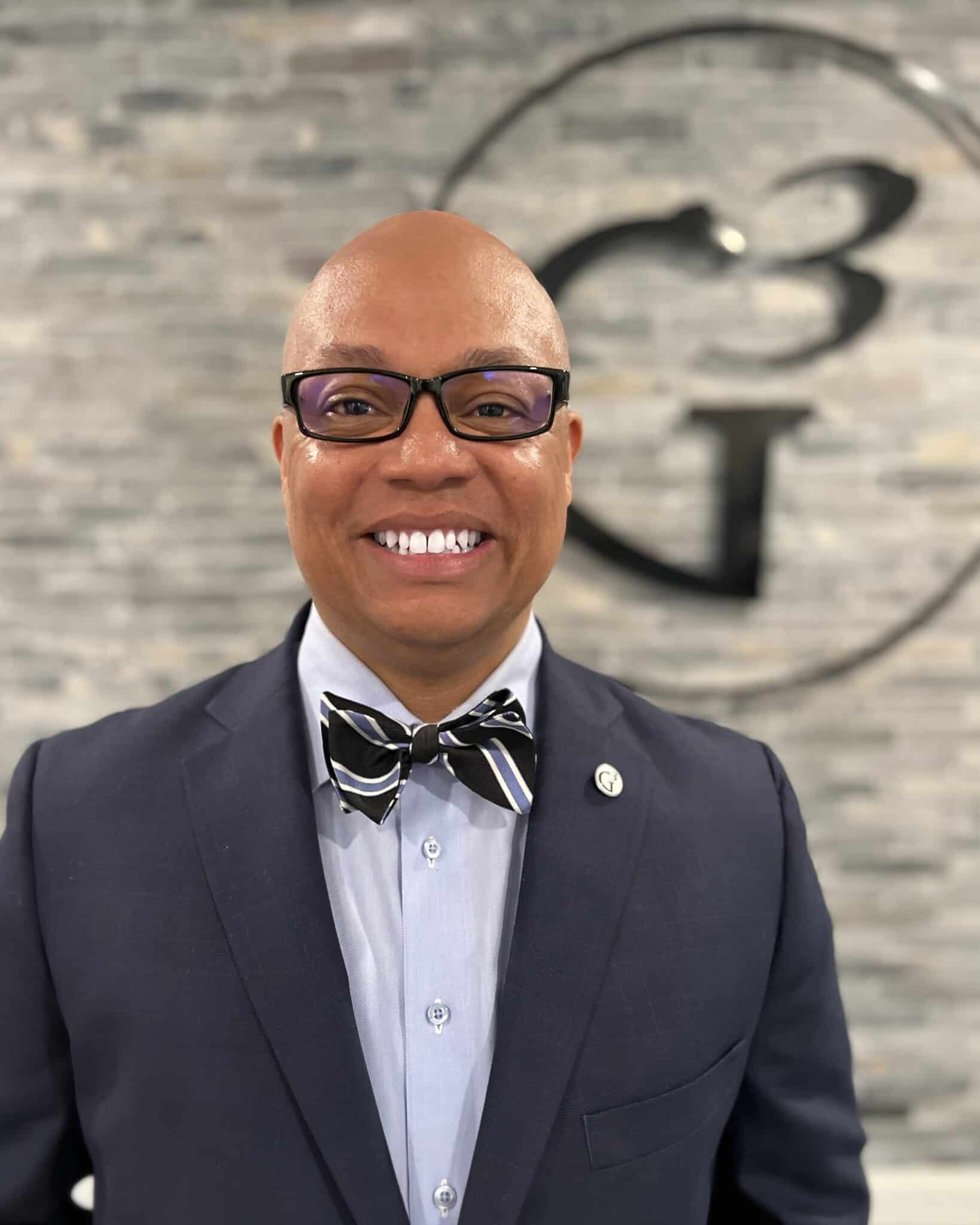Richard Baxter (1615–1691), a Puritan minister of the seventeenth century, penned his thoughts on the covenant of marriage, writing, “It is a mercy to have a faithful friend that loveth you entirely to whom you may open your mind and communicate your affairs. And it is a mercy to have so near a friend to be a helper to your soul and to stir up in you the grace of God.”
Unlike Baxter in his time, today, the covenant of marriage is not held in as high regard. Many women remain single longer, seeking independence and pursuing the same career goals as men. Moreover, fewer men see enough advantages to marry nowadays. These men believe that the value women bring as wives and mothers has drastically declined. Additionally, they fear the risk of losing assets and damaging their relationship with their future children in the event of a divorce, which occurs in about 50% of marriages. Consequently, they view marriage as a dangerous proposition.
Finding a life partner has diminished in importance as couples increasingly delay or forgo marriage altogether. The decline in marriage rates can be attributed to the evolving societal roles of women, the perceived concerns that men associate with marriage, and the myriad of new options provided by social media that enable both genders to bypass the once obligatory rite of passage.
Social Media’s Impact on Marriage
When considering the impact of social media on marriage trends, it’s impossible to ignore its influence. With 54% of social media users being women, they utilize the platform 2.8 times more than men. Now, in the palm of her hand, a woman can receive unprecedented male attention. Historically, a woman might receive attention from within her circle of 150 friends, with 45% being male. Now, a woman can post captivating images on her social media platforms, leading to thousands of likes, hundreds of comments, and inbox messages from men worldwide. Now, with her social media apps, a woman can experience an unparalleled dopamine rush previously unmatched in her everyday social context. This new reality diminishes her dependence on in-person social interactions with men, intensifying her addiction to cell phones as social media promptly gratifies her needs and desires.
Morgan Stanley predicts that by 2030, 45% of women aged 25 to 44 will be single and childless.
Social media impacts men and women, but some trends mainly affect women. It’s worth noting that the United States has three million more women than men. When considering unmarried women of marrying age (18 to 35), the national ratio reveals that there are, on average, 90 men to 100 women. Morgan Stanley predicts that by 2030, 45% of women aged 25 to 44 will be single and childless. However, many women disregard these statistics, thinking they are the exception to any rule and that the men they desire will be available when they are ready for relationships.
Women seeking attention and validation in the digital realm often face pressure to objectify themselves, with the pornification of women being portrayed as female empowerment.
However, men are also evolving in their perspectives on women and marriage. The average man now acknowledges that a large number of women are mostly in pursuit of the same type of man. While a woman may initially seek traditional male providers for marriage, she generally finds herself attracted to men who embody a “bad boy” persona or offer an element of challenge.
Most average men, realizing that they are being overlooked in favor of taller, stronger, alpha-male stereotypes, are seeking solace in online groups like “Men Going Their Own Way” (MGTOW). These groups provide a platform for men to find camaraderie and navigate the current cultural climate. Moreover, for many men, social media and pornography have distorted their perception of reality when it comes to women, including appearance and expectations in genuine relationships.
The rise of social media has opened up a world of possibilities and opportunities for both men and women, unlike anything previous generations have experienced. The level of attention that was previously exclusive to a select few, like celebrities, is now within reach for a much larger audience. Unfortunately, women seeking attention and validation in the digital realm often face pressure to objectify themselves, with the pornification of women being portrayed as female empowerment.
The decline of marriage predates the rise of social media, but its current usage has undoubtedly impacted the lives of many. On the other hand, women find themselves receiving more attention than ever through their use of social media, which delays their desire for marital companionship. Men, on the other hand, face social deformation through the objectification of women and the availability of a wider range of options, ultimately resulting in postponing marriage.
The Church Girl Struggle
When exploring the topic of marriage in evangelical circles, the challenges women encounter are from various angles. On Sunday, the majority of church services are attended by 61% of women and 39% of men. The age demographics most impacted by this statistic are widows and unmarried 18- to 25-year-olds. Among the available individuals aged 18 to 35, a significant portion of them once claimed to be devout followers of religious practices. However, after a college education, they no longer identify with any religious affiliation.
Feeling disheartened by these obstacles, young Christian women (18 to 35) are actively searching for alternatives beyond the confines of the church. Some are pursuing relationships with non-believers, participating in hookup culture, or even stepping away from the church while still holding onto their Christian faith.
The struggle for Christian women in the dating realm is multifaceted. As it pertains to dating, far too many Christian women, anxious for marriage, drift away from relying on God’s sovereignty. Instead of seeking godly guidance from the men in authority in their lives—their fathers or a local church pastor—they often pursue husband hunting on their own. This often leads to crossing paths with men who claim to be Christians but whose actions reveal a stronger commitment to worldly desires rather than spiritual growth. This disparity between a profession of faith and an actual lifestyle adds another layer of complexity to the challenges faced by young Christian women in the dating scene.
Women Want Weddings, Not Marriages
Marriage is no longer solely driven by women aspiring to be wives. Nowadays, women pursue fulfillment beyond traditional family roles, focusing instead on higher education and careers while abandoning homemaking and childrearing skills. Women surpass men in college admissions (60% to 40%) and exhibit higher graduation rates with a significant 10-point advantage. Feminism teaches women to be self-reliant, treating marriage as unnecessary or optional only after securing a solid career. Pursuing college is no longer a means to find a husband but a necessary pathway for a career with no family in sight. It also provides a sense of security if one encounters the wrong husband.
However, women are now choosing to marry later in life. In 2000, the median age for women to marry was 25.1 years. As of 2022, that age has risen to 28.6 years.
In today’s world, women have more opportunities than ever before. Still, the message of female empowerment and gender equality is instilled from a young age. This encompasses breaking away from traditional gender roles, pursuing career opportunities, and embracing the freedom to express one’s sexuality in a manner that feels right for each individual woman.
Every decision carries consequences, some of which can be profound. However, acknowledging this reality in conversations with women may prove to be dangerous. Men have taken note of these changes. While the societal expectation for men to fulfill traditional roles as providers, protectors, and leaders within the household has persisted, women have moved away from their traditional roles as homemakers, caretakers of the children, and submissive wives.
In 1867, the divorce rate was 5%, but by 1967, it skyrocketed to 50%. Scholars attribute this increase to women entering the workforce, giving them more independence in difficult marriages.
Despite increasing opportunities for women, many still desire marriage. In fact, 61% of women express this desire. However, women are now choosing to marry later in life. In 2000, the median age for women to marry was 25.1 years. As of 2022, that age has risen to 28.6 years. The choice to delay is causing many to ponder whether women’s true desire lies in a wedding rather than a lifelong partnership in marriage. Interestingly, the median age for men to marry has also reached a new high of 30.5 years.
Men’s Unrealistic Expectations
As men choose to marry later in life, they face important decisions and express deep concerns about commitment. While men no longer expect women to be sexually pure, nearly 90% of American men and women have engaged in premarital sex, often with someone other than their future spouse. This reality has negative consequences for marriage. Although premarital sex does not directly cause divorce, relationships with multiple sexual partners are more likely to end in separation or divorce.
Divorce has also influenced the decision to marry. In 1867, the divorce rate was 5%, but by 1967, it skyrocketed to 50%. Scholars attribute this increase to women entering the workforce, giving them more independence in difficult marriages. Nowadays, the average first marriage lasts around 7.8 years. Second marriages face a 60% divorce rate, while for third marriages, it reaches a staggering 73% failure rate. The millennial generation has witnessed the impact of divorce through their parents’ experiences. Boomers, born between 1946 and 1964, are the most divorced generation in US history. This ongoing phenomenon continues to shape marriage decisions today.
Old Answers to New Questions
When we contemplate the enormity of the issues and their influence on family dynamics and even birth rates, the solution does not present itself readily. For those of us committed to the church, it is all too common to assign blame to the church (an easy target) and devise superficial, pragmatic initiatives that aim to bring boys and girls together in the hope that nature will take its course. While the desire to “do something” may appease some, the solution to these appeals is never self-sustaining or capable of reversing the magnitude of the downward slide.
Instead of an appeal to all of evangelicalism, I encourage those seeking marriage to explore Richard Baxter’s timeless wisdom. As a Puritan writer and theologian, Baxter offered invaluable insights into marriage’s theological and practical aspects. His writing on the mutual duties of husbands and wives provides a strong foundation for understanding the covenant of marriage and offers practical steps for building healthy relationships. These steps should be considered long before entering matrimony.
While the dating phase of relationships can place couples into a state of blind bliss, Baxter warns couples, writing,
“Do not forget that you are both diseased persons, full of infirmities; and therefore expect the fruit of those infirmities in each other; and do not act surprised about it, as if you had never known of it before. Decide to be patient with one another, remembering that you took one another as sinful, frail, imperfect persons, and not as angels, or as blameless and perfect.”
Volume 1, Baxter’s Practical Works, A Christian Directory, page 431
As couples progress in their relationship and become more comfortable with each other, unrealistic expectations often emerge. Disagreements fueled by pride can have devastating effects on a relationship. Baxter also provides instructions in this regard when he writes,
“Both husband and wife must mortify their pride and strong self-centered feelings. These are the feelings that cause intolerance and insensitivity. You must pray and labor for a humble, meek, and quiet spirit. A proud heart is troubled and provoked by every word that seems to assault your self-esteem.”
Volume 1, Baxter’s Practical Works, A Christian Directory, page 431
Puritan writers like Baxter consistently associated love with duty, effectively intertwining emotion with action. This connection ensured a profound sense of purpose and commitment. Baxter would note,
“Remember that justice commands you to love one that has forsaken all the world for you. One who is contented to be the companion of your labors and sufferings and be a sharer in all things with you and that MUST be your companion until death.”
Volume 1, Baxter’s Practical Works, A Christian Directory page 431
Finally, Baxter writes,
“We should be very concerned to know what the duties of our relationships are. And how can we please God in our relationships? Study and do your part, and God will certainly do his. The main matter in which a husband and wife should make a conscience of duty is their mutual love and forbearance. This is the great business of married persons—to study each other’s welfare and to help it forward by all means possible.”
Volume 1, Baxter’s Practical Works, A Christian Directory page 432
In a world where selfishness reigns supreme, Baxter reminds us that marriage should focus on mutual love, not just individual desires. By emphasizing the importance of duty towards one another, he highlights the importance of selflessness and sacrifice in a successful marriage.
We would do well to heed these old answers to new questions.





